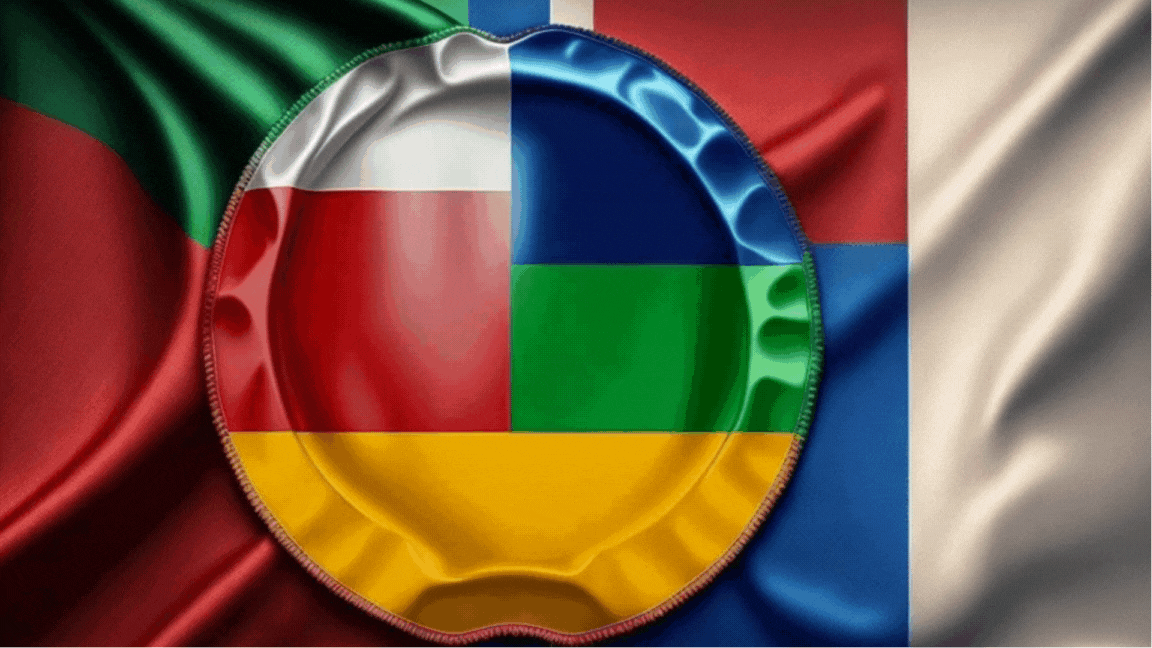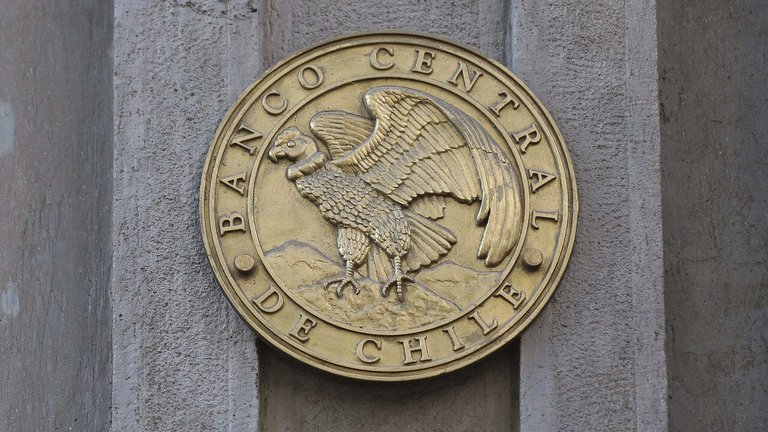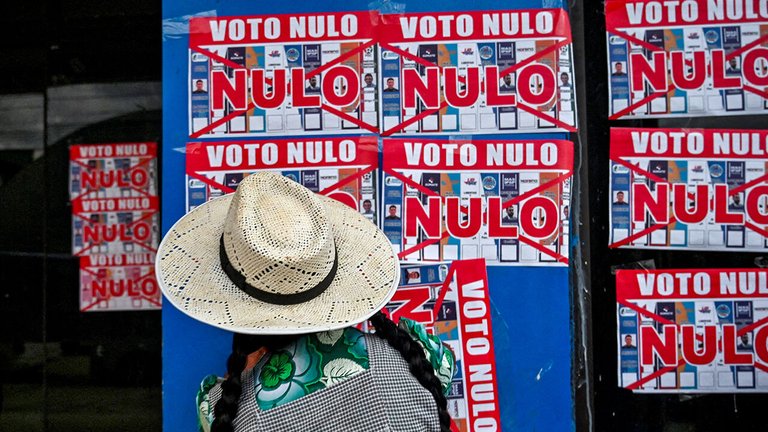The Latin American Report # 575

In a concerning financial development, Chile's external debt has risen to $260 billion, according to a recent report from the local monetary authority. This equates to three-quarters of the GDP of this South American nation, one of the region's economic heavyweights, in a dynamic driven by transactions involving both the Government and banking sector, each increasing their debts by over $2.7 billion.
In a country where, according to recent estimates, more than one in five people lives in poverty, the lackluster government of Gabriel Boric has experienced significant ups and downs in its management, arguably with more failures than successes. It could lose control of La Moneda palace if early preliminary polls prove accurate, which show far-right candidate José Antonio Kast as the favorite for the presidential elections in next November.
 Source
SourcePrecisely this Monday, the latter formally registered his presidential candidacy, promising to "recover and rebuild" the country. "Chile isn't doomed to failure; Chile is destined for greatness, to become the nation we must be: strong, free, and prosperous," said Kast, an admirer of the current White House chief who associates comfortably, as one might expect, with Argentina's Javier Milei, El Salvador's Nayib Bukele, and Spain's Vox leader Santiago Abascal. He will compete against another far-right candidate, one from the traditional right and the governing coalition.
Bolivia
Pollsters failed dramatically to foresee the electoral muscle of candidate Rodrigo Paz Pereira, a dark horse who emerged as the front-runner in yesterday's election. However, they accurately predicted the political irrelevance now facing the Movement Toward Socialism (MAS in Spanish), long led by Evo Morales, which suffered an irreparable and near-fatal schism due to the split between the veteran coca-growers' union leader and his former ally and current President Luis Arce. I call it a near-fatal schism because, agonizingly, the party's candidate barely surpassed the 3% minimum required of the total vote to maintain its legal status (3.13% according to preliminary data). This must rank among the greatest political debacles in the region's history, considering Arce won outright in 2020 with over 52% of the vote.
In the legislature, the situation is equally chaotic for Bolivia's left: from holding nearly six out of ten seats in both the Chamber of Deputies and Senate, it now secured only one seat in the lower chamber. Paz Pereira, son of a late-20th-century former president—once again we witness the troubling transfer of political capital from parents to children, if not between spouses—ended up winning three out of ten valid votes cast yesterday by more than 6,464,000 Bolivians, outperforming former president "Tuto" Quiroga—who was rightly projected to place second—and eliminating businessman-turned-politician Samuel Doria Medina from the race. The latter may now abandon his eternal dream of directing major political operations in Murillo Square after concurrent forecasts placing him comfortably ahead of Quiroga failed to materialize.
Paz Pereira's first-round victory for the Christian Democratic Party suggests Bolivians aren't fully committed to a model diametrically opposed to the fading MAS socialism, preferring instead an approach including (some) poverty containment measures rather than the strong economic shock proposed by Doria Medina and Quiroga. One of yesterday's most intriguing aspects was observing the representativeness of the null vote promoted by Evo Morales to protest his exclusion from the ballot, which ultimately recorded a solid 19.3%, though not all of this can be attributed to the former president.
 Source
SourceParaguay
Public school teachers in Paraguay have launched a two-day strike including street protests to demand salary increases, as President Santiago Peña has asked to discuss this next year, claiming the state lacks resources to meet the demand now, given his commitment to reducing the fiscal deficit. "We've sat at the table, we've practically given them everything they asked for, but there's one point where we unfortunately lack resources. Ultimately, we'd have to cut another social program to give it to them," said Peña, appealing to conscience by arguing the teachers' proposed raise exceeds inflation.
Profesores paraguayos inician huelga de 48 horas en reclamo de un reajuste salarial https://t.co/a320e2RmKf pic.twitter.com/kaOPSS1RhD
— RT en Español (@ActualidadRT) August 18, 2025
